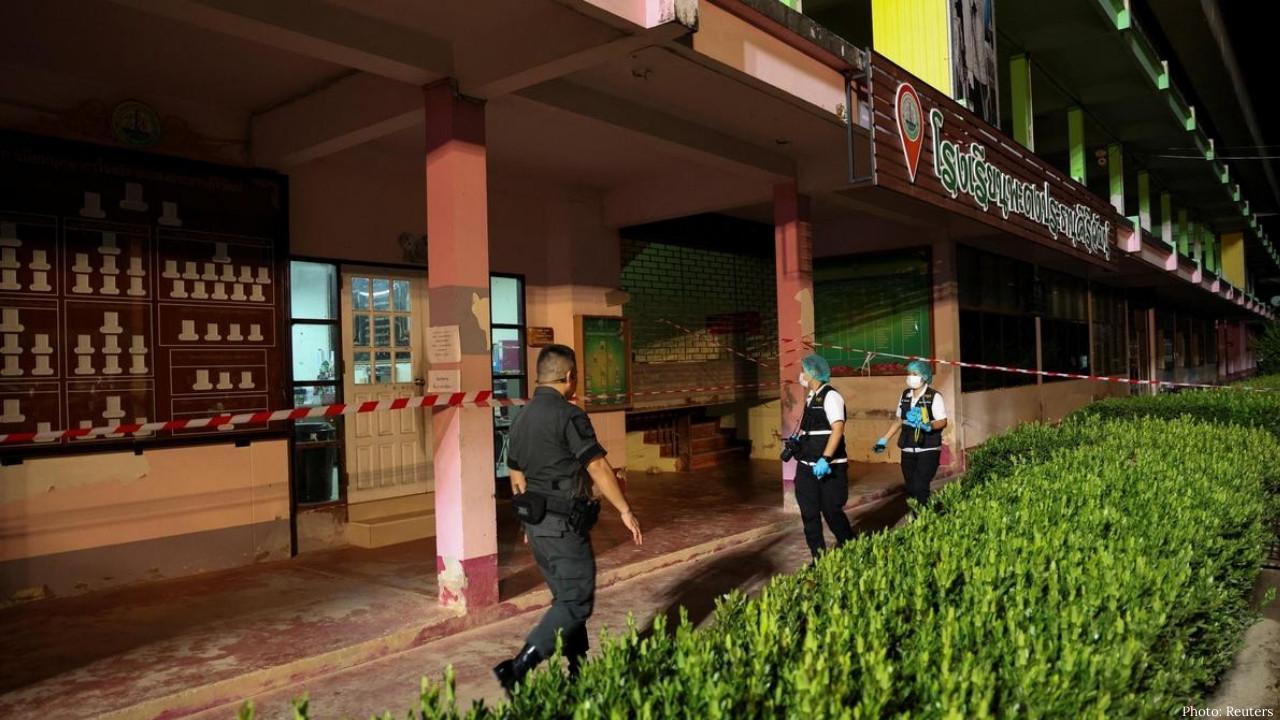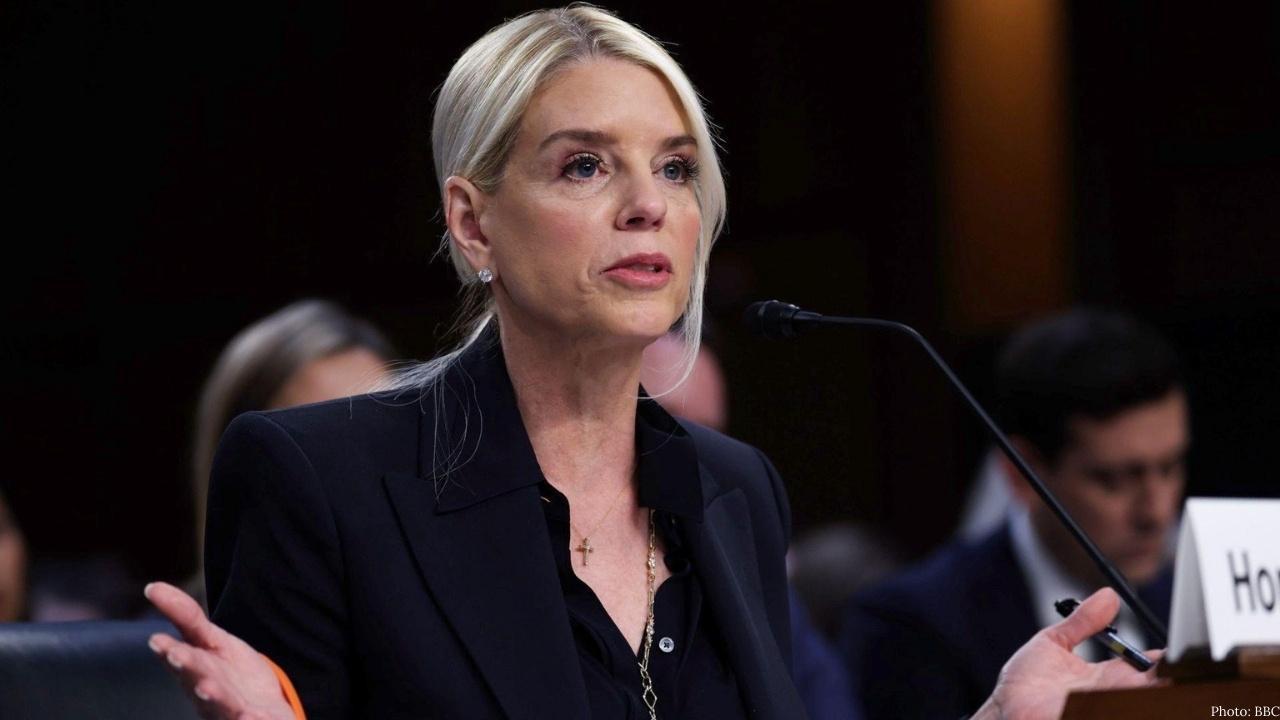You have not yet added any article to your bookmarks!

Join 10k+ people to get notified about new posts, news and tips.
Do not worry we don't spam!

Post by : Anis Farhan
Malaysia’s judiciary is in the spotlight once again—not for a major ruling or a landmark legal victory, but for what isn’t happening. Several key judicial appointments have been delayed for months, with high-ranking vacancies in the Court of Appeal and Federal Court still unfilled. As the caseload piles up and legal professionals raise alarm, the public is left wondering: why has one of the country’s most critical institutions been left in bureaucratic limbo?
The appointment of judges, particularly to the upper echelons of the judiciary, is not a simple administrative task. It is an intricate process involving the Judicial Appointments Commission (JAC), the Prime Minister, and ultimately, the Yang di-Pertuan Agong. But recent developments suggest more than procedural slowness is at play. Political interference, disagreements over candidates, and concerns about ethnic and gender representation have turned what should be a routine institutional process into a slow-burning constitutional controversy.
At the heart of the issue is the vacancy of several positions in the superior courts, including the Federal Court and the Court of Appeal. As of August 2025, at least six judicial positions remain vacant, including one at the highest bench. The judicial backlog is growing, with over 8,000 civil and criminal cases awaiting hearing. Lawyers and litigants are increasingly frustrated at the delayed pace of justice.
The JAC, which is supposed to recommend suitable candidates to the Prime Minister, has reportedly submitted names months ago. Yet, no appointments have been confirmed, triggering widespread criticism from civil society, the legal fraternity, and political analysts.
The delay has sparked speculation that the Prime Minister’s Office is either dragging its feet or actively holding back appointments due to political calculations. Some reports suggest internal disagreements within the Cabinet about nominees' backgrounds and political neutrality. Others highlight tension between the executive and judiciary, a longstanding fault line in Malaysian governance.
This delay is especially troubling because the judicial appointment process was designed to reduce political interference. The JAC was established in 2009 to ensure transparency and meritocracy in the judiciary. But critics argue that the current episode proves the JAC remains toothless if the Prime Minister chooses not to act on its recommendations.
Another element complicating the issue is the debate over diversity on the bench. Civil rights groups have pointed out that the Malaysian judiciary still lacks adequate representation from women and minority communities. Among the current senior judges, only a handful are women, and fewer still come from non-Malay ethnic backgrounds. As such, some quarters within government may be hesitating to greenlight appointments that might provoke political backlash from conservative segments of society.
On the other hand, failure to diversify the judiciary sends a poor signal about inclusivity in national institutions. Legal scholars argue that the bench must reflect the society it serves, particularly in a multiracial, multireligious nation like Malaysia.
The judiciary functions as the last bastion of justice and constitutional balance in a democracy. Prolonged delays in appointments risk not only administrative inefficiency but also the erosion of public confidence in the legal system. Legal professionals warn that delayed justice often means denied justice, particularly in criminal cases where lives hang in the balance.
If the perception grows that judicial appointments are subject to political whims or communal calculations, it could damage Malaysia’s reputation as a constitutional democracy and a stable destination for international business and arbitration.
Opposition leaders have used the opportunity to question the government's transparency and commitment to the rule of law. Several MPs have called for parliamentary oversight of the appointment process. Meanwhile, civil society organizations have launched petitions and public awareness campaigns, urging the government to expedite the appointments and prioritize merit and integrity.
Notably, the Malaysian Bar Council has released multiple statements decrying the delays, urging the Prime Minister to uphold the principles of separation of powers and judicial independence. The Council has warned that failure to address the issue could prompt constitutional challenges or even judicial reviews.
With Parliament in session and the judicial backlog growing, pressure is mounting on Prime Minister Anwar Ibrahim’s administration to act decisively. While the PM has not made any public statements on the matter, insiders suggest that discussions are ongoing within the Cabinet.
There are also whispers of possible legal action if the appointments are delayed further. Legal NGOs are considering taking the matter to court, arguing that the government has a constitutional duty to maintain the functionality of the judiciary.
A reform of the JAC structure has also been proposed, including giving the commission binding authority in certain scenarios or introducing a mandatory time frame for the Prime Minister to act on recommendations. Whether these reforms see the light of day remains to be seen.
Judicial independence is a cornerstone of global democratic systems. Malaysia’s current crisis serves as a cautionary tale for other nations navigating similar waters. In countries like India and the UK, judicial appointments have also sparked political controversies. But Malaysia’s case is particularly concerning due to its multi-tiered ethnic politics and fragile executive-judicial balance.
International observers, including watchdogs like Transparency International and the International Bar Association, have flagged the Malaysian scenario as a developing concern. A continued vacuum in judicial appointments could affect Malaysia’s position in global governance indices and investment confidence.
The ongoing deadlock indicates a systemic failure rather than a one-off delay. It calls for a structural relook at how judicial appointments are conducted in Malaysia. Whether through a constitutional amendment, a revamp of the JAC, or greater transparency in candidate selection, stakeholders must come together to ensure this crisis is not repeated.
Without urgent action, the judicial system’s capacity to deliver timely and impartial justice will remain compromised. And in the long run, that could undermine not just legal credibility but Malaysia’s democratic fabric.
At the end of the day, the judiciary must serve the people. When citizens begin to doubt whether judges are being chosen for their competence or their connections, it casts a long shadow over every court ruling. The Malaysian public, more informed and vocal than ever, is watching closely. The government must respond with clarity, speed, and a genuine commitment to the rule of law.
Only then can the judiciary regain its footing and continue as a pillar of democracy rather than a pawn in political strategy.
The views expressed in this article are editorial in nature and reflect ongoing developments as of August 2025. Newsible Asia takes no institutional stance and aims to present unbiased, human-focused reporting based on publicly available information and credible sources.










Apple’s iOS 26.3 Update Is Here — Why Millions of iPhone Users Should Install It Now
Apple has rolled out iOS 26.3 as a critical update for eligible iPhones, bringing important security

Pam Bondi’s Explosive Epstein Hearing: Four Moments That Defined the Testimony
US Attorney General Pam Bondi faced intense questioning in a House Judiciary Committee hearing that

Epic T20WC Thriller: South Africa Triumphs Over Afghanistan in Double Super Over Clash
An exhilarating account of one of the most dramatic matches in ICC Men’s T20 World Cup 2026 history,

Abhishek Sharma Hospitalised With Stomach Infection, Doubtful for India’s T20 World Cup Match Against Namibia
Indian opening batter Abhishek Sharma has been hospitalised with a stomach infection and is unlikely

Mass Shooting in British Columbia Leaves 10 Dead in One of Canada’s Deadliest Attacks
A tragic mass shooting at a high school and nearby residence in Tumbler Ridge, British Columbia, has

More Than a Ticket Out: How IPOs Are Redefining Value for Startups and Investors
In the evolving startup ecosystem, initial public offerings (IPOs) have emerged as far more than exi